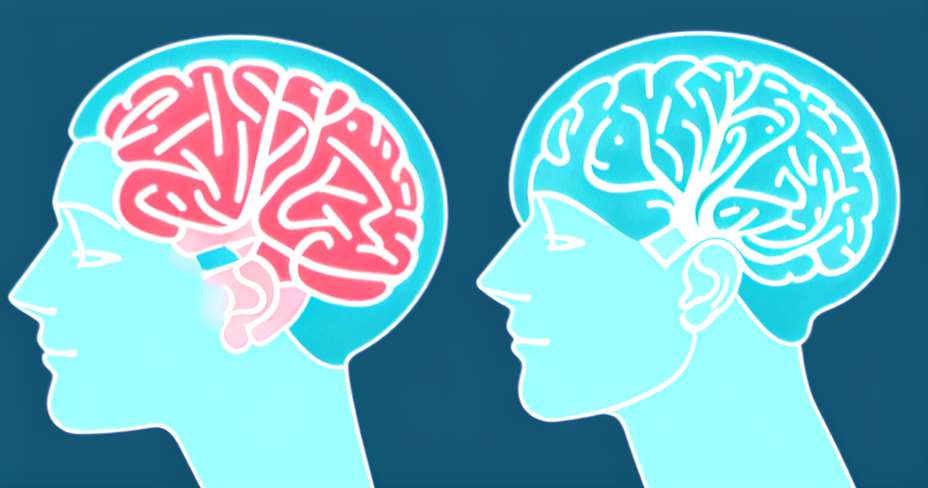Greater awareness of consumption
April 2024

To understand how the criminal minds of serial killers work, the Dr. Feggy Ostrosky, director of the Laboratory of Neuropsychology and Psychophysiology of the Faculty of Psychology of the UNAM , has studied the minds of famous criminals such as the mataviejitas, the ponchis, the kid assassin and the cannibal de la Guerrero, among others, both in prison and outside the prison environment.
The author of the book Murderous Minds, the violence in your brain He has dedicated his life to studying the relationship between the brain and human behavior, as well as the different factors that influence someone to be a criminal. According to the specialist, there are no major differences or at least not as visible in the brain of a "normal" person and that of criminal minds.
"While they were processing emotions of fear or moral emotions, we studied the brain metabolism of violent individuals - not necessarily criminals - as judicial police or hitting husbands.
We found subtle but significant differences in the volume of the left amygdala, a subcortical structure that processes emotions of fear and that in them has a smaller volume ".
These studies are carried out with different techniques that allow us to "map" the brain to know how these criminal minds process information or what their performance is in tests of attention, planning, stimuli and reactions.
The combination of different techniques allows researchers to have a clearer idea of what happens in a criminal's brain.
The idea of studying criminal brains is to understand the neurobiology of violence, for preventive and containment purposes.
"To date, we have detected critical periods in the development of a violent or criminal individual: one at three years, another at five or six and one more at thirteen; so that early intervention programs can be developed in which the form of interaction of the individual with their primary caregiver and with the teachers is modified, "explained the specialist.
The researcher commented that although genes play a very important role in the biochemistry of the brain, in how neurons communicate and conduct; Neurotransmitters - such as serotonin, dopamine or norepinephrine - regulate mood and determine that a person acts in a certain way.
That is why, he clarified, that although the genes are present, it is the environmental factors such as the stories of physical, psychological, neglect or indifference who "activate" or "turn off".
The specialist who has postgraduate studies in the Department of Communication Disorders at Northwestern University, Evanston, Illinois and a doctorate in biomedicine at the Faculty of Medicine of the UNAM , stressed that in the coming years, science can help to better understand the risk factors, both biological and environmental, that are presented at different stages of development in order to provide new intervention strategies.